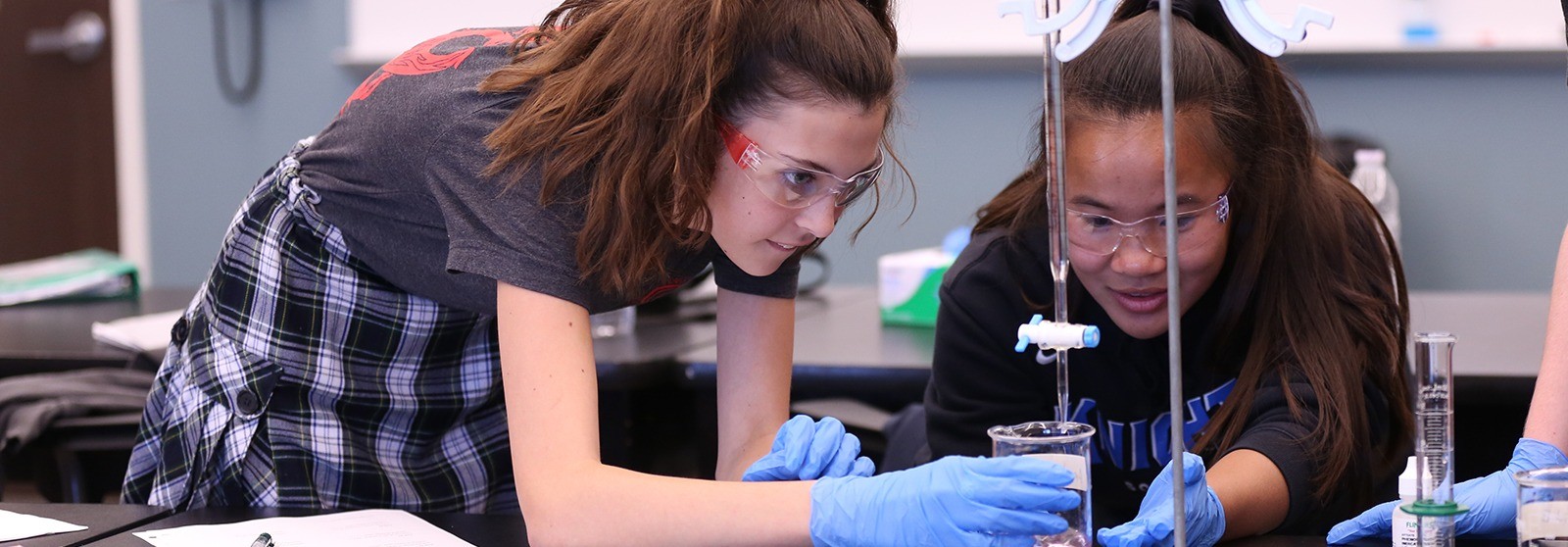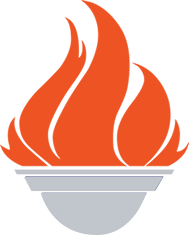Dialectic School (7th and 8th Grade)
The liberal art of dialectic is the skill of thinking. It is the skill of reasoning, questioning, and arguing in a way that intentionally recognizes grammatical and logical rules and honestly seeks what is true.
All students are thinkers. From the time children can speak at all, they express a desire to know. Filled with wonder, they are inquisitive and like to ask the question “Why?” As students approach their teens, though, this inquisitiveness becomes more pronounced. They realize that not all reasons are equally reasonable. They want verification, demonstration, and justification that a suggestion or explanation is correct. They begin to enjoy arguing. While this intellectual attribute can manifest itself as an irritation or even as disrespect, it is properly part of maturing and needs to be nourished.
In the dialectic school (seventh and eighth grades), one of our chief aims is to nourish our students’ minds by training them to find arguments and distinguish the ones that are sound from the ones that are not. One way of accomplishing this is to give them formal training in logic, teaching them how to discern fallacies and how to construct valid arguments. More pervasive in our curriculum during these years, though, is a method of teaching and learning that focuses on training the student to ask and to follow questions. This method is commonly called “Socratic,” named for one of the earliest philosophers, Socrates, who used questions both to learn and to instruct. Beyond simply asking “why?” we want our students to habituate asking and following questions that concern more particular categories like definition, comparison, cause, and purpose.
This skill of asking and following questions is prevalent in all of the courses in the dialectic school. In every class, the student is exposed to teachers who model Socratic instruction and to assignments that are intentional in requiring that they find and follow the most significant questions of the discipline. The skill of dialectic is a major source for integration across the curriculum in these grades.
We do not engage in busywork in the dialectic school. There are no assignments that are meant simply to give the students something to do to keep them quiet and behaving properly. Too often, it is the case with seventh and eighth grade instruction that it is focused on delivering information but does not instruct in how to question. Students may learn facts and collect data from this approach, but they will not learn how to find and understand the arguments that would give any enduring meaning to those facts. It does not take long for teenage students to become cynical about this type of education, and rightfully so, as it stunts their intellectual maturity.
Given our commitment to and confession of Christian orthodoxy, the content of what we teach is Christ-centered. It is common for seventh and eighth graders to begin having questions concerning God and what it means to have personal faith. In the dialectic school, we focus on training students to find and follow questions and arguments so that their minds can be properly sharpened and renewed and so that their hearts can be drawn toward those things that are true and meaningful. Ultimately, this means training our students how to find and follow Christ, the true source for and the answer to all of our deepest questions.


